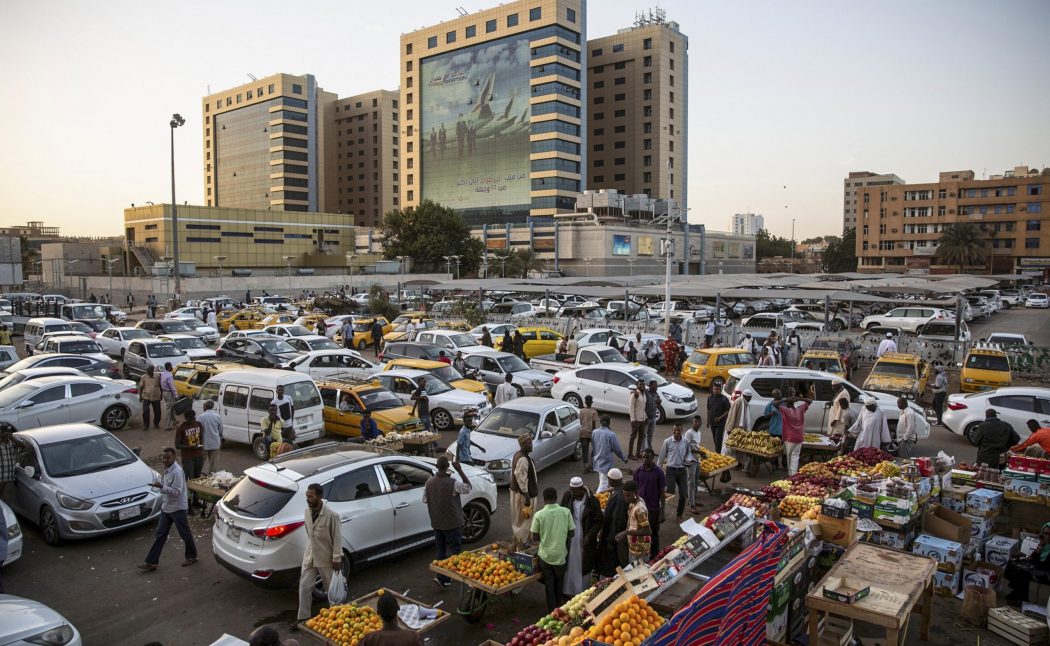It’s hard to overstate the incongruity — the absurdity, even — of arguing the finer points of contract law in the wake of a civilian massacre, before a judge who answers to an unaccountable military regime. And yet, there’s nowhere but local courts to turn to when the government takes away the internet. There’s no international treaty protecting internet access, no global legal body that sanctions a rogue government or cellular provider. There’s just a guy like Hassan and his rather niggling complaint that someone didn’t live up to their end of a deal.
And improbably, it worked. The court ordered Zain to give him back his internet, and, on June 23, it did. But Hassan was just one plaintiff, suing on behalf of only himself, so the court and the cell phone company took a narrow course of action: Ignoring the millions of other customers Zain served, the court switched mobile internet back on … for him.
Because the ruling was based on a technicality, it sidestepped the bigger battles of human rights and state power that often frame how we think about shutdowns. This was no rallying event for digital crusaders. Instead, Hassan’s case was a microcosm of the realities, rather than the rhetoric, that comprise most internet shutdowns. Whatever big ideas may be at stake, such shutdowns are messy, leaky, and, above all, human — and the fights against them are key proxy battles in the power struggles between people and their governments.
With thanks to Mohamed El-munzir Salman, who showed me the way for this story, and Holly Pickett, for beautiful photographs, and to both of them for being such terrific company.
For Rest of World



